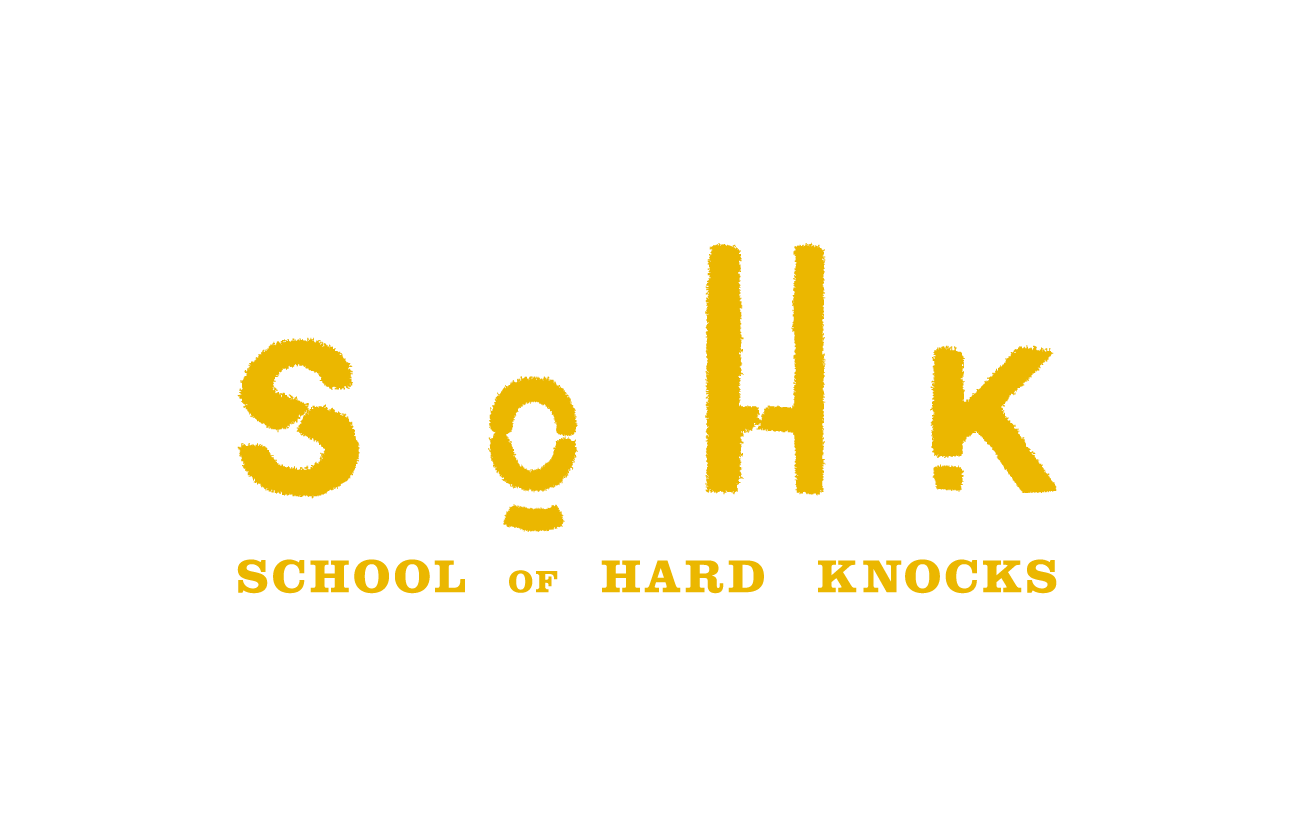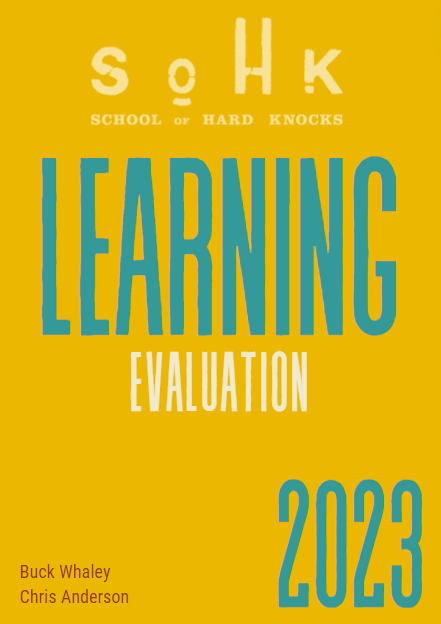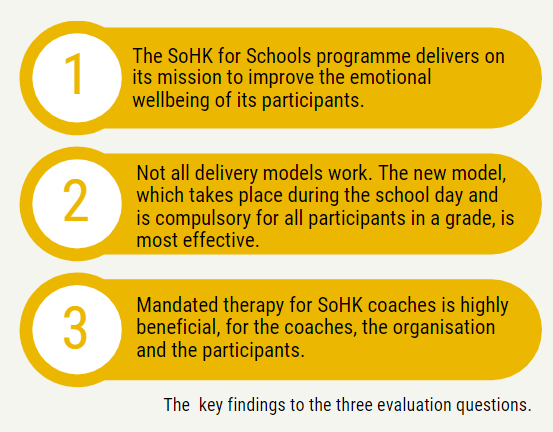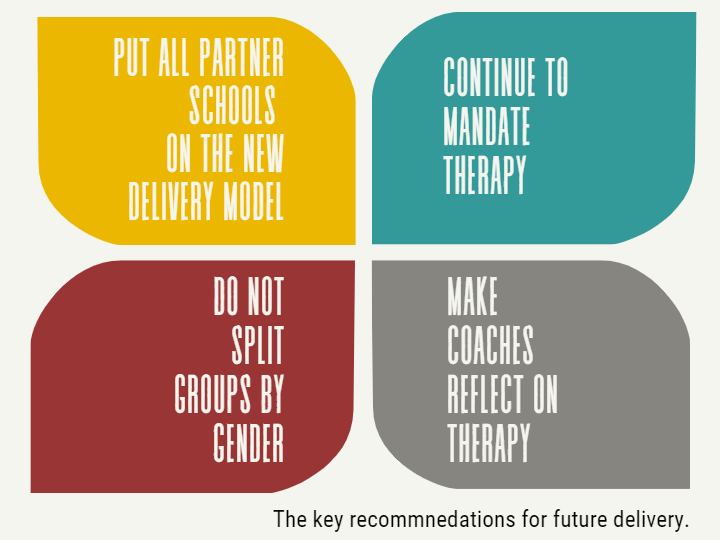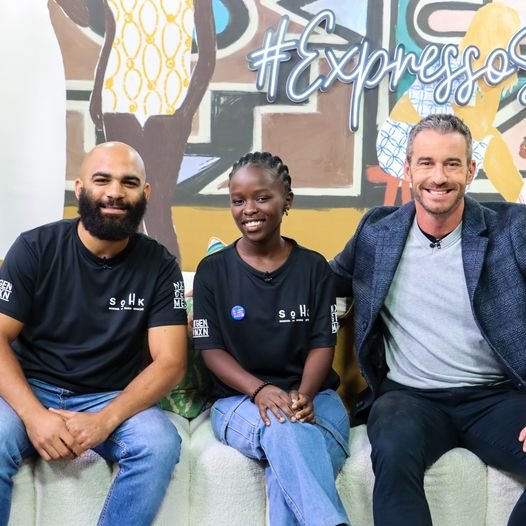We are beyond proud! It is so well deserved and we are all honoured to work with this special guy, who impacts young lives wherever he goes.
Urshwin Engel, 30, was raised in a community in Cape Town that was rife with gangsterism and gang violence, and it opened his eyes to its danger to society and the effect it has on men. He works as programme lead at an organisation called School of Hard Knocks where he mentors and leads NXTGENMEN, a programme that focuses on men’s mental health and gender-based violence. Here he explores funding opportunities, facilitates programmes, trains other organisations and plans one-day tournaments for men on a monthly basis. Working on NXTGENMEN gives him the opportunity to work with men who have suffered grave difficulties.
He says the programme offers men the opportunity to find their voice and take control of the narrative about men’s character and role in society. Having grown up in a community with gang violence, Urshwin understands that people don’t choose their conditions and often become a victim of their circumstances, and so when more opportunities are created, the better chance they have of making positive choices. He is also involved in Camp Joy, a restoration centre for men with a history of substance abuse and gangsterism, where he coaches a rugby club and teaches boys and men life skills.
Achievements
A project that I am really proud of is the SOHK NXTGENMEN programme. I have been with SoHK for five years and in this time we have started a new project called NXTGENMEN. This programme focuses on men’s mental health, gender-based violence and providing coping strategies for men. I was initially part of the programme as a co-facilitator and later became the project lead.
I have always dreamt of reaching out to our men as I’ve seen the difficulties in our communities and also the struggles that come with being a man growing up in South Africa. I have previously worked in a community that was rife with gangsterism and learnt that people don’t choose their conditions and that society has allowed these negative things to become a part of our norm.
With NXTGENMEN we give men the opportunity to explore their individuality and own voice. While doing this programme, I learnt that men want to change the narrative, and don’t want to be labelled as “trash” and it has given me hope for a better South Africa.
Mentors
My dad is a pastor and does a lot of community work. Growing up, I would always be by his side and learnt to have a holistic approach to life as my dad never saw status, power, race or religion. He felt that everybody needed support and always did his best to make Cape Town a better place.
